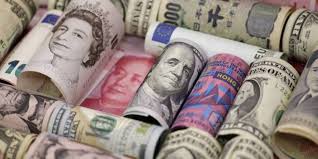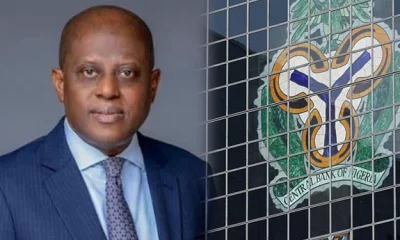The Monetary Policy Committee of the Central Bank of Nigeria has retained the Monetary Policy Rate at 14 per cent. The decision was taken at the two-day meeting of the MPC at the headquarters of the CBN in Abuja.
Announcing the decision to newsmen at the end of the meeting, the Governor of the CBN, Godwin Emefiele, said nine out of the 10 members of the MPC in attendance voted in favor of the retention of the lending rate.
Emefiele said the committee retained other monetary policy parameters such as the Cash Reserves Ratio at 22.5 per cent, Liquidity Ratio at 30 per cent and the Asymmetric Corridor at 200 basis points.
The slowdown in inflation in February was partly due to base effects, Emefiele said. Price pressures continue, he said. Nine of 10 MPC members voted to keep borrowing costs unchanged and one favored increasing the rate.
The government said increased production of oil, Nigeria’s biggest export, will help to stabilize the foreign-exchange rate and provide more funds needed to stimulate the economy after it shrank by 1.5 percent last year, the first contraction since 1991. The government aims to boost output to 2.2 million barrels a day this year from an almost three-decade low of 1.6 million barrels a day in the third quarter of 2016 when disgruntled militants blew up several pipelines in the Niger River delta.
S&P Global Ratings spared Nigeria a downgrade and affirmed its B assessment, five levels below investment grade, with a stable outlook on March 17. The rating company said increased oil output and capital expenditure by the government will help the economy expand by an average of 3.4 percent annually through 2020. The government earlier this month released an economic blueprint to boost growth to 7 percent, create 15 million jobs and reduce the inflation rate to less than 10 percent by 2020.

 Health1 week ago
Health1 week ago
 Latest1 day ago
Latest1 day ago
 Trends2 days ago
Trends2 days ago
 News1 week ago
News1 week ago
 Health1 week ago
Health1 week ago
 Crime1 week ago
Crime1 week ago
 Crime1 week ago
Crime1 week ago
 Energy6 days ago
Energy6 days ago













